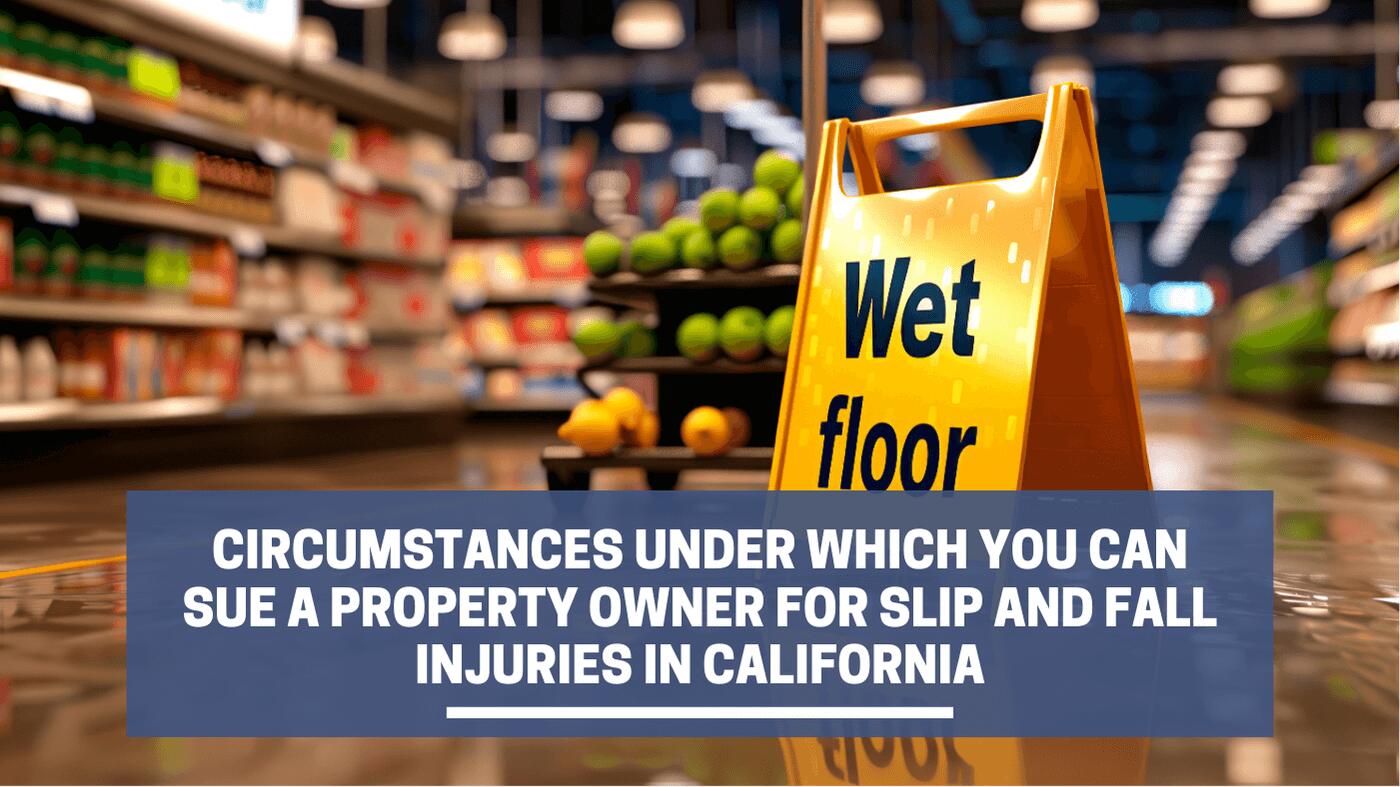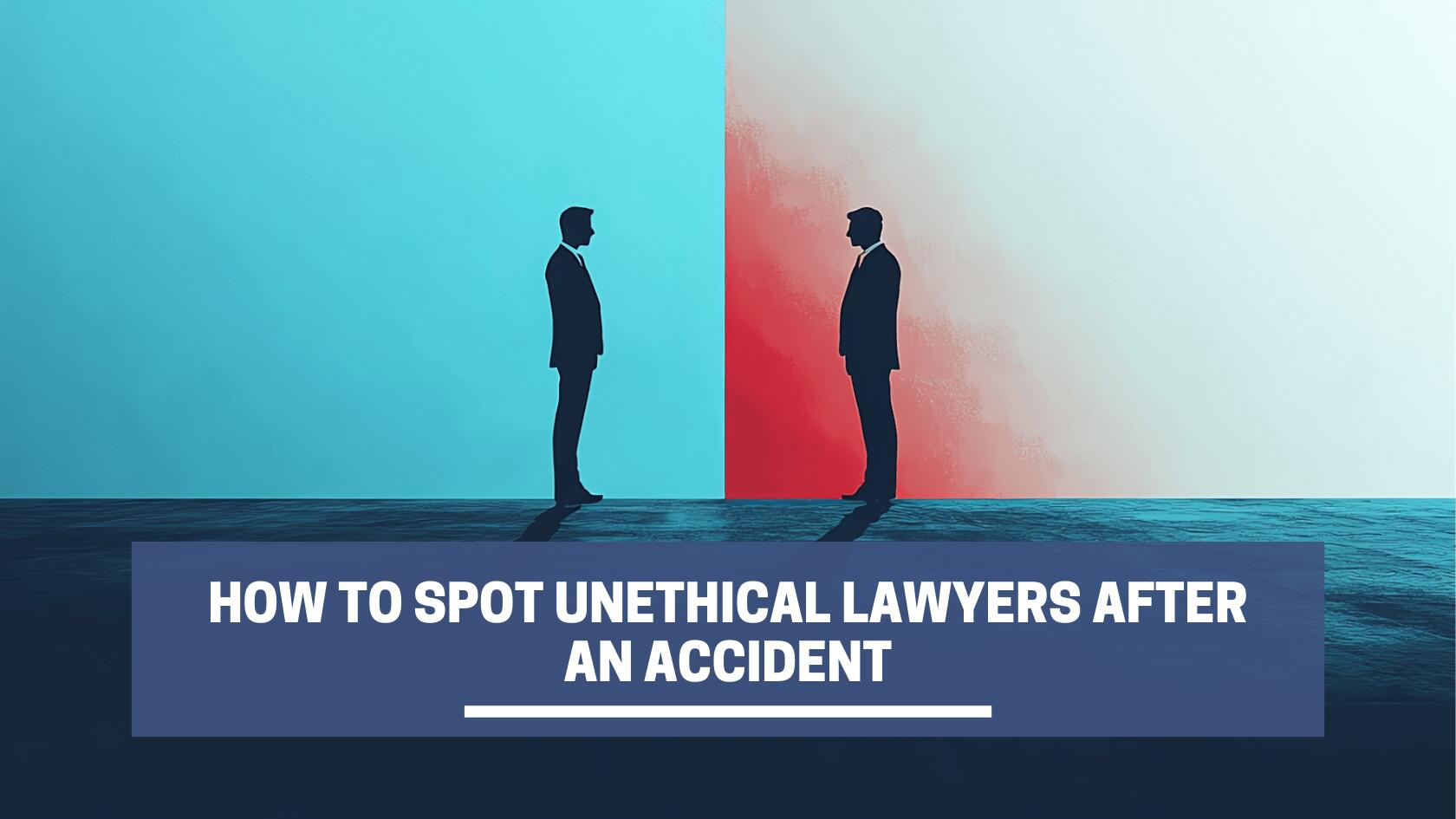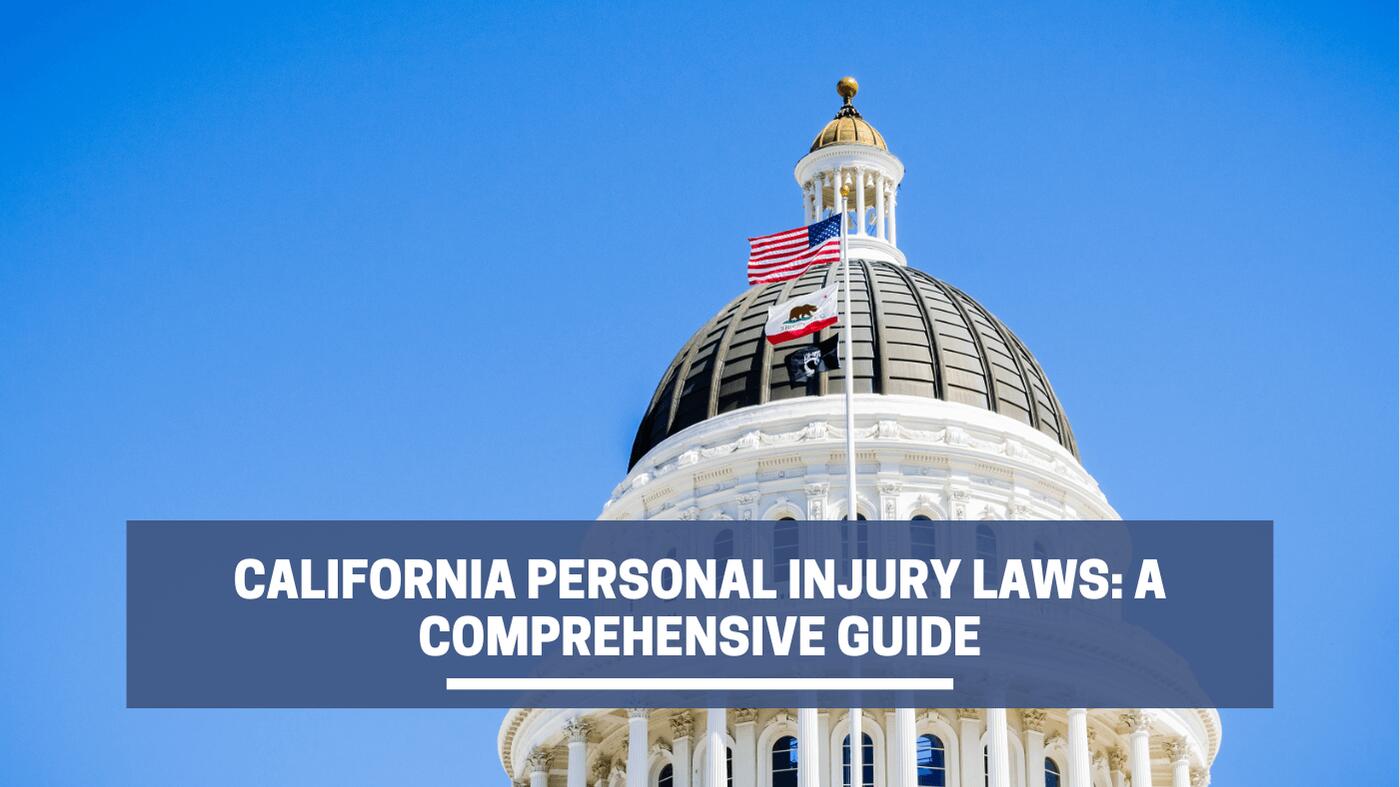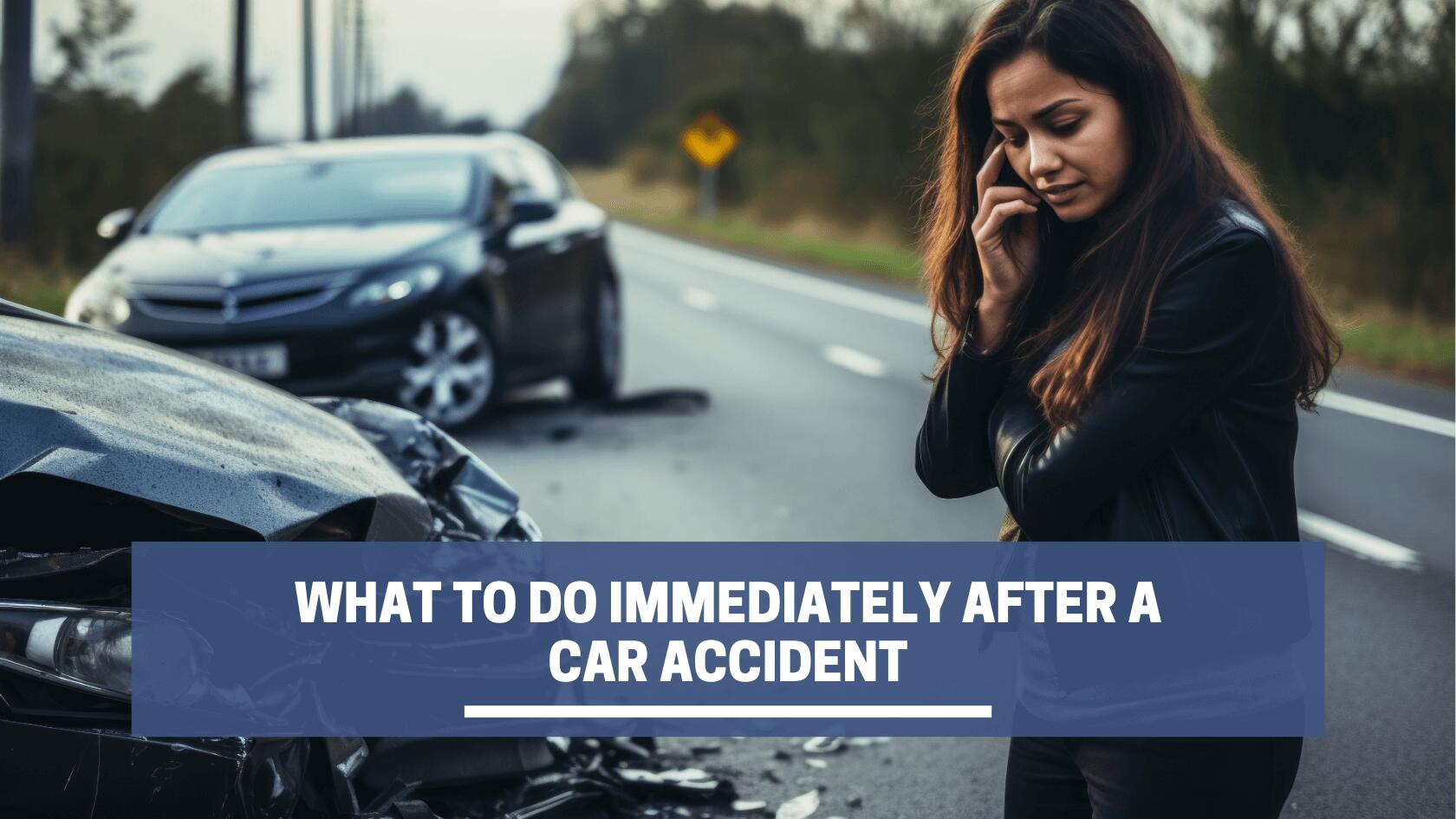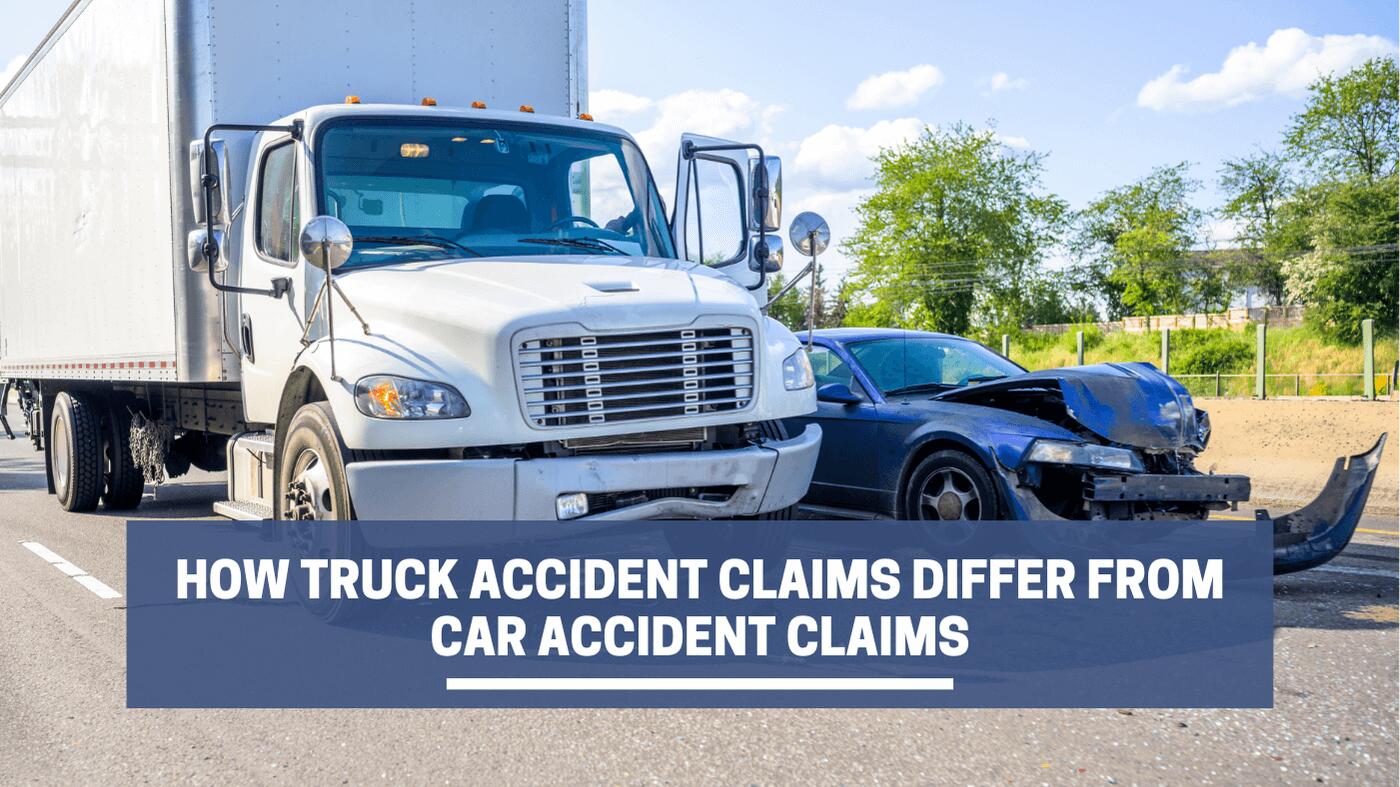Updated: August 19th, 2024
Prospective clients often wonder if they can assert legal claims against owners and occupiers of land in the State of California. It is important to understand that the classification of the injured party is an important factor in determining whether or not an owner or occupier of land will be liable for a victim’s injuries.
Licensees, Invitees, and Trespassers
Understanding the most important element of the legal duties held by owners and occupiers of land is to determine if the injured party is a licensee, an invitee, or a trespasser. A licensee is a social guest or someone who enters the property for their own personal benefit and not to confer an economic benefit on the landowner. Invitees, on the other hand, are typically those who enter businesses and public land. Invitees enter the land to provide an economic benefit to the landowner. For example, when a customer enters a retail store they are categorized as an invitee.
Trespassers may be categorized as unanticipated trespassers or anticipated trespassers. A landowner owes no duty under the common law to an unanticipated trespasser. However, a landowner does a duty to warn of artificial dangerous conditions on the property to anticipated trespassers.
The duties applied to the owner or occupier of land depends on whether the injured victim is an invitee, a licensee, or a trespasser. Speaking with a knowledgeable premises liability lawyer will help you understand if you have valid legal claims against the property owner. It is often the individual classification of the injured party which will determine whether the landowner
Known Dangerous Conditions On the Property
It is a general principle of premises liability law that landowners must warn landowners of unknown dangers on the land. It is essential that all landowners observe and inspect their land periodically to determine any known or unknown dangerous conditions on the property. The following are some of the most common forms of dangerous conditions on real property:
- Live electrical lines
- Sinkholes
- Abandoned landfills
- Waste
If you suffer injuries while on real property belonging to another individual then you need to focus on the best things you can do to preserve and enforce your legal claims. Therefore, first, you should document your injuries by obtaining medical treatment and requesting copies of your medical records. Second, you should focus on the most important aspects of your case and begin developing a litigation strategy.
The Reasonably Prudent Person Standard
The reasonably prudent person standard is a legal standard which encapsulates how individuals are supposed to behave when they venture in the world. Therefore, it is necessary for prospective clients to understand the client to which landlords are held in civil litigation.
The reasonably prudent person standard is an ideal form of conduct against which the conduct of all other individuals in the world are measured. An attorney will analyze how the defendant’s conduct will measure up against that of the reasonably prudent person standard.
Landlords and Other Owners of Land
Landlords will be liable for injuries suffered by invitees and licensees and anticipated trespassers if they are injured by an dangerous condition on the premises if the premises had knowledge of the dangerous condition. In some circumstances a landlord will be liable if they are unaware of a dangerous condition and they have not made a reasonable inspection to determine if the dangerous condition poses a risk to undiscovered trespassers, invitees, and licensees.
The policy goals which substantiate these laws and regulations are public health and public safety. Individuals who enter private residences, businesses, and land open to the public need to be safe from dangerous conditions of which they are unaware. Violating these laws will force landowners to make their lands safer for the members of the public who use them.
Assignments and Subleases
If you or a loved one suffer injuries while on the premises of another person who leases their property, then you may need to determine if a prior tenant created an assignment or sublease. Depending on the whether or not an assignment or a sublease was created, the original tenant may be liable for your injuries.
California laws related to assignments and subleases are complex and case-specific. Therefore, you need to speak to an attorney who has experience handling civil lawsuits involving multiple parties who are involved with different assignments and subleases. Our attorneys at the Shirvanian Law Firm have decades of experience handling premises liability cases in California.
The California Tort Claims Act
The California Tort Claims Act is a major piece of legislation in California. It contains provisions which are constantly litigation in both state and federal courts throughout the state. An attorney can help you understand the most important components of the California Tort Claims Act that are legally relevant to your case.
State and local governments typically claim sovereign immunity against individuals who assert tort claims against governmental entities. However, specific provisions in the California Tort Claims Act waive sovereign immunity for specific tort actions. Working with a knowledgeable personal injury attorney in California will help you understand if you may bring any legal claims under the California Tort Claims Act.
Many other aspects of the California Tort Claims Act may be applicable to the facts of your potential case. If so, you need to speak to an experienced lawyer who understands how to interpret statutes and apply the law to the facts as you present them. Therefore, when you meet with an attorney for the first time you should bring as many documents as possible regarding the facts of your potential case.
Keeping Your Premises Safe
You need to keep your property safe so you do not expose yourself to civil liability. However, you also need to focus on being cautious when you are visiting a business or another property owner such as a friend or relative. By focusing on how you can maintain your own safety, and the safety of others, you can reduce the likelihood that you will need to be involved as a litigant in a premises liability lawsuit.







